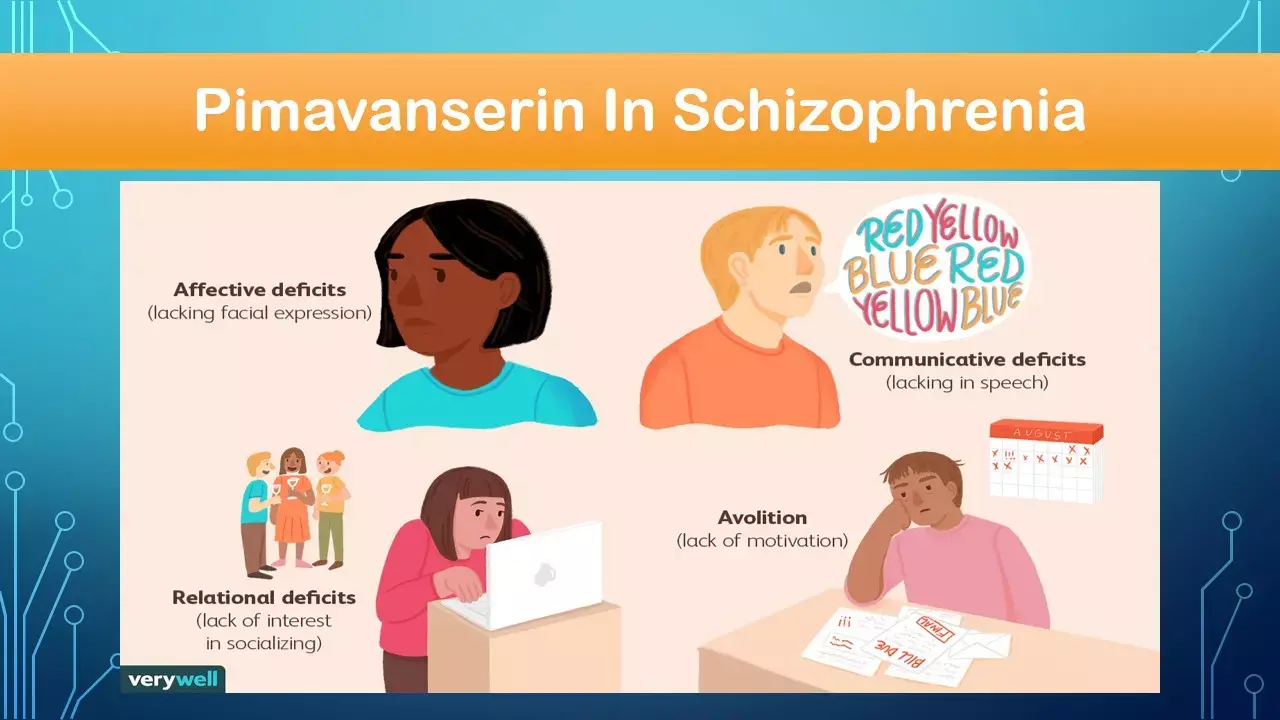- Home
- Medical news & Guidelines
- Anesthesiology
- Cardiology and CTVS
- Critical Care
- Dentistry
- Dermatology
- Diabetes and Endocrinology
- ENT
- Gastroenterology
- Medicine
- Nephrology
- Neurology
- Obstretics-Gynaecology
- Oncology
- Ophthalmology
- Orthopaedics
- Pediatrics-Neonatology
- Psychiatry
- Pulmonology
- Radiology
- Surgery
- Urology
- Laboratory Medicine
- Diet
- Nursing
- Paramedical
- Physiotherapy
- Health news
- Fact Check
- Bone Health Fact Check
- Brain Health Fact Check
- Cancer Related Fact Check
- Child Care Fact Check
- Dental and oral health fact check
- Diabetes and metabolic health fact check
- Diet and Nutrition Fact Check
- Eye and ENT Care Fact Check
- Fitness fact check
- Gut health fact check
- Heart health fact check
- Kidney health fact check
- Medical education fact check
- Men's health fact check
- Respiratory fact check
- Skin and hair care fact check
- Vaccine and Immunization fact check
- Women's health fact check
- AYUSH
- State News
- Andaman and Nicobar Islands
- Andhra Pradesh
- Arunachal Pradesh
- Assam
- Bihar
- Chandigarh
- Chattisgarh
- Dadra and Nagar Haveli
- Daman and Diu
- Delhi
- Goa
- Gujarat
- Haryana
- Himachal Pradesh
- Jammu & Kashmir
- Jharkhand
- Karnataka
- Kerala
- Ladakh
- Lakshadweep
- Madhya Pradesh
- Maharashtra
- Manipur
- Meghalaya
- Mizoram
- Nagaland
- Odisha
- Puducherry
- Punjab
- Rajasthan
- Sikkim
- Tamil Nadu
- Telangana
- Tripura
- Uttar Pradesh
- Uttrakhand
- West Bengal
- Medical Education
- Industry
Pimavanserin useful in tackling negative symptoms in schizophrenia, Lancet study.

Negative symptoms of schizophrenia are associated with adverse clinical outcomes, but there are few effective treatments. In the January issue of The Lancet Psychiatry, Kirola et al have explored the effects of pimavanserin, a selective 5-HT 2A inverse agonist and antagonist, on negative symptoms of schizophrenia. The authors have found that stable patients with predominant negative symptoms of schizophrenia showed a reduction in negative symptoms after treatment with this novel drug.
Traditionally, treatment of schizophrenia has focused on positive symptoms, such as hallucinations and delusions. However, most patients with schizophrenia experience negative symptoms that are primary and secondary to the disease and often include social isolation, apathy, and blunted affect.
Treatment options are lacking for this facet of the disease. D-2 receptor blockade, one of the main approaches in the treatment of positive symptoms, might complicate management of negative symptoms, and has been shown to produce negative symptoms in healthy subjects. Some atypical antipsychotics might be effective for secondary negative symptoms, possibly because of the relatively higher affinity these treatments have for serotonin (5-HT 2) receptors over D 2 receptors.
Pimavanserin is a selective 5-HT 2A receptor inverse agonist and antagonist with negligible affinity for dopaminergic, muscarinic, histaminergic, or adrenergic receptors compared with other antipsychotics. Earlier a small study had reported improvement of negative symptoms in a small group of patiennts.
The current study, termed ADVANCE study, was a phase 2, 26-week, randomised, double-blind, placebo-controlled study of pimavanserin in stable outpatients with schizophrenia aged 18–55 years with predominant negative symptoms. Patients were randomly assigned (1:1) to receive pimavanserin or placebo daily, added to an ongoing antipsychotic medication.
Eligible patients had a score of at least 20 on the sum of seven Positive and Negative Syndrome Scale (PANSS) Marder negative factor items (and scores of ≥4 on at least three or ≥5 on at least two of negative symptom items). The starting dosage of 20 mg of pimavanserin or placebo could be adjusted to 34 mg or 10 mg within the first 8 weeks of the study, after which dosage remained stable until the end of the study. The primary endpoint was change in total score using the 16-item Negative Symptom Assessment (NSA-16) from baseline to week 26.
This study found that the change in total NSA-16 score from baseline to week 26 was significantly improved with pimavanserin versus placebo. The number of patients with treatment-emergent adverse events (TEAEs) was similar between groups. Most TEAEs were headache and somnolence.
Mean change in QTcF interval was higher with pimavanerin (4.5 ms) than with placebo (0.0 ms).
In this 26-week study of patients with predominant negative symptoms of schizophrenia, adding pimavanserin to ongoing antipsychotic treatment resulted in significantly greater improvement of negative symptoms than did adding a placebo, as assessed with the NSA-16 total score. Pimavanserin once daily over a 26-week treatment period was generally safe and well tolerated when added to the antipsychotics used in this study.
Treatment efficacy for negative symptoms of schizophrenia was influenced by patients who received pimavanserin 34 mg and was the greatest in men, patients from Europe, those with pronounced symptom severity than those with mild or moderate symptoms, and those who had had schizophrenia and negative symptoms for more than 5 years.
Although the primary outcome was statistically significant, further studies are needed to optimise dosing and determine the clinical significance of pimavanserin for the treatment of negative symptoms in schizophrenia.
Source: The Lancet Psychiatry: https://doi.org/10.1016/S2215-0366(21)00386-2
M.B.B.S, M.D. Psychiatry
M.B.B.S, M.D. Psychiatry (Teerthanker Mahavir University, U.P.) Currently working as Senior Resident in Department of Psychiatry, Institute of Human Behaviour and Allied Sciences (IHBAS) Dilshad Garden, New Delhi. Actively involved in various research activities of the department.
Dr Kamal Kant Kohli-MBBS, DTCD- a chest specialist with more than 30 years of practice and a flair for writing clinical articles, Dr Kamal Kant Kohli joined Medical Dialogues as a Chief Editor of Medical News. Besides writing articles, as an editor, he proofreads and verifies all the medical content published on Medical Dialogues including those coming from journals, studies,medical conferences,guidelines etc. Email: drkohli@medicaldialogues.in. Contact no. 011-43720751


